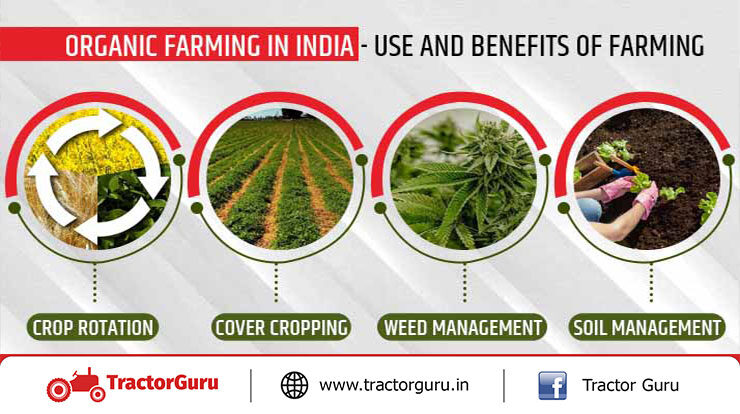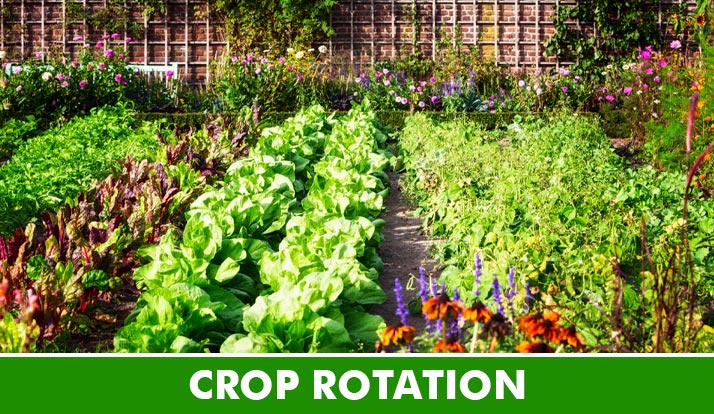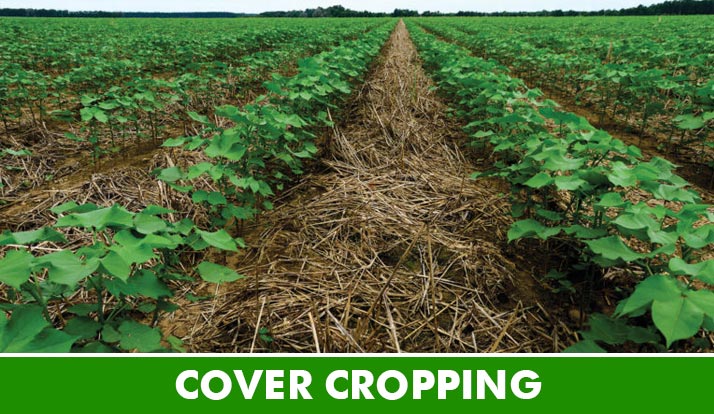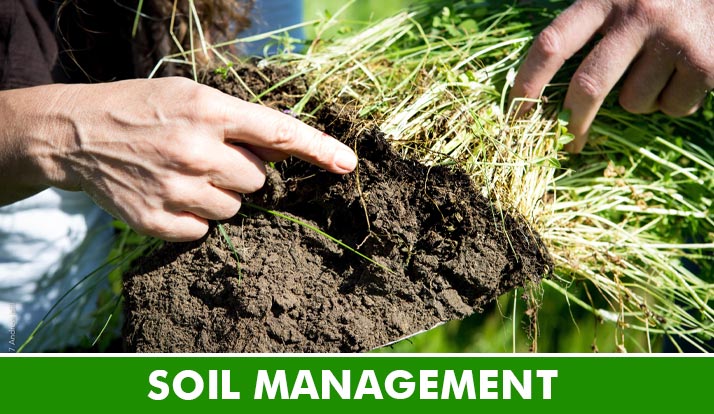Organic Farming in India – Use and Benefits of Farming

Organic farming is a growing trend in India. After the pandemic, people are much conscious about their health, as organically grown food products are much healthier than conventionally grown products. However, conventional farming is much economic while it has a lot of demerits as well. The introduction of harsh chemicals in farming got many health-related issues. Any damage brought by these chemical fertilizers and pests is hardly noticeable. To resolve this, methodology of organic farming plays a vital role in india. Today, we came up with this amazing blog to throw lights on use organic farming and the benefits of organic farming in India. So without wasting further minutes, let’s start the discussion.
What is Organic Farming Method in India ?
Organic farming refers to the management and agriculture production system that natural material, avoiding synthetic substances to maintain the fertility of the soil and environmental damage. In simpler words, it defines as a farming method of growing and nurturing crops in a natural way. It basically involves the use of green manure, compost, biological pest control, and more. The only objective of this farming method is to maintain the quality of the final grown product.
Importance of Organic Farming in India
The practice of organic farming prevents the quality of soil using organic material and encourages biological and environmental friendly material.
It ensures nitrogen fixation in the soil naturally using leguminous plants. The atmospheric nitrogen can be fixed using nitrogen-fixing bacteria in the roots’ nodules without using nitrogen rich fertilizers. Indirect provision of crop nutrients using microorganisms.
Use of natural weed and pest control method, organic manure, and suitable chemical.
What are the major Organic Farming Practices?
Following are the most common practices that are involved in organic farming methods in India. Know
-
Crop Rotation

The crop rotation method refers to changing species of crop year by year in the same field. This method prevents soil erosion, eradicates pest and weed infestation. Crop rotation of one of the most beneficial agriculture practices ensures an increase in crop yield.
-
Cover Cropping

As you might probably get an idea, these are plants that cover the soil for a certain reason. Unlike other crops, they improve the health of the soil, boost yield and use to feed the cattle. However, cover crops help to prevent soil erosion, regulate moisture, pest management and a rich source of green manure.
-
Weed Management

In farming, weeds could affect the growth of plants by surrounding them to gain nutrients, soil, water and space. They also bring unnecessary trouble to the entire farm. In that case, organic farming can be very helpful as it focuses on removing the unwanted weed through a biologically or mechanically process.
-
Soil Management

Soil management is the primary methods of organic farming in India. Management of soil basically enriches the soil with all the essential nutrients which are lost during the cultivation. This farming method uses bacteria, animal waste to increase the fertility of the soil and makes the land more productive.
Benefits of Organic Farming in India
Organic farming is a much needed farming practice. As the pandemic puts a terrible impact on our health, organic farming delivers many benefits that ensure a healthy lifestyle. Following points shows the importance of organic farming in India.
-
High Nutritious Value
Organic food products are loaded with nutrients because they do not contain harsh substances, which ruin the quality of the product and soil. Apart from this, they are a prosperous source of vitamins, minerals and other micro-nutrient. This is because organic food products are grown and nourished under natural conditions.
-
Better in Taste
Another important aspect that makes organically grown food superior is that they have a natural and better taste. They always prioritize quality over quantity. The mineral and sugar structure in these are much superior to conventionally grown food products.
-
Cheaper input Cost
This method of farming avoids the use of expensive chemicals, fertilizers, etc. Moreover, fertilizers are created by green manure or animal compost. These components save a lot of farmers’ money, and hence it is much more cost-effective than conventional farming.
-
Food Security
Demand against the supply of food has been increasing for the last couple of decades. This method of farming intensifies yield production, particularly in poor regions where inputs for conventional farming are highly extensive. This results in better food security. Moreover, organically grown plants can stay fresh for a long time and have high resistance to pests and diseases.
What are the Demerits of Organic Farming?
Though organic farming has a lot of benefits, they also have it’s own demerits as well. Following are the demerits of organic farming, which restricts the farmer to adopt this farming practice.
- This method of farming is a time-consuming process, which generally requires a lot of commitment and patience. Farmers need to spend most of their time observing and catering for the crop.
- This farming practice requires much more skills compared to conventional farming. Farmers need to develop the appropriate skills to build a healthy ecosystem and seek valuable and high productivity.
- Organic foods are the most expensive agriculture product in the market. For your reference, organic vegetables and fruits cost 20 – 40% more than their inorganic equivalents.
That’s it for this blog. I hope you get enough information about organic farming. The information definitely helps you to decide whether you should start your very own farming business or not. For more information about farming and other farming implements, stay tuned with TractorGuru. Here you can buy them online at a very fair price.
Related Posts:



